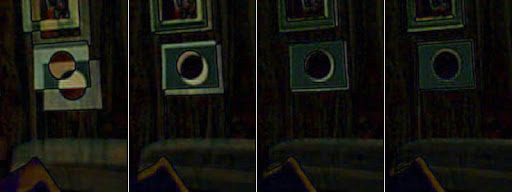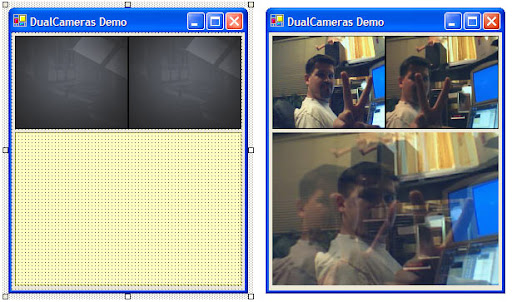Introduction to machine vision
[ Audio Version ] Recently, I completely forgot to mention that I published a brief introduction to machine vision (click here) on August 14th. It's meant to be tailored to people who want to better understand the subject but haven't had much experience outside the popular media's thin portrayal of it. By contrast, much of what's written that gets into the nuts and bolts is often difficult to read because it requires complex math skills or otherwise expects you to have a fairly strong background in the subject, already. I'm especially fond of demystifying subjects that look exceptionally complex. Machine vision often seems like a perfect example of pinheads making the world seem too complicated and their work more impressive than it really is. Sometimes it comes down to pure huckstery as cheap tricks and carefully groomed examples are employed in pursuit of funding or publicity. Then again, there's an awful lot of very good and creative work out there. It's


